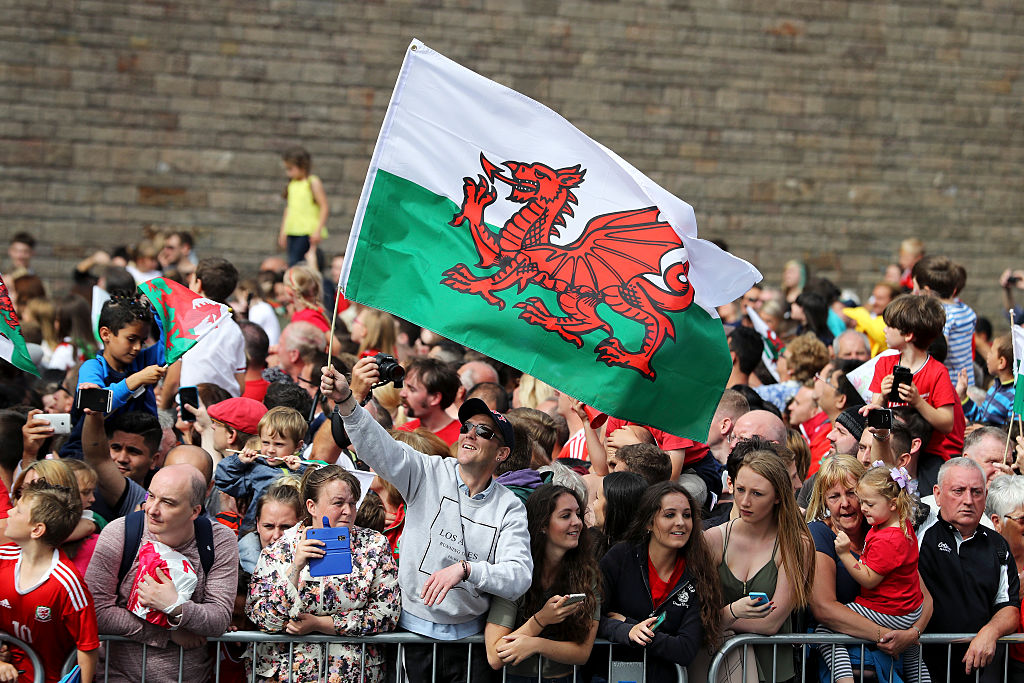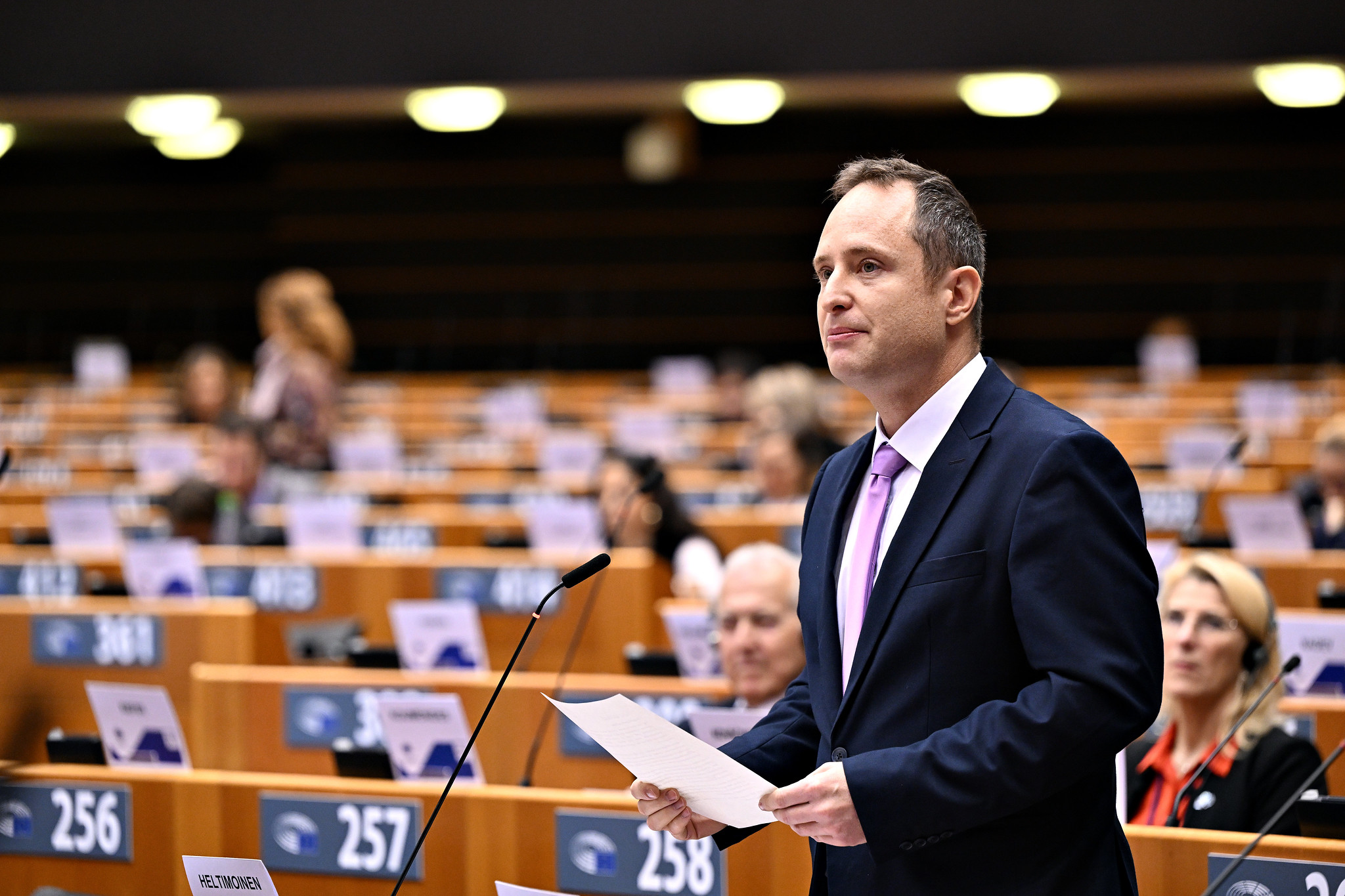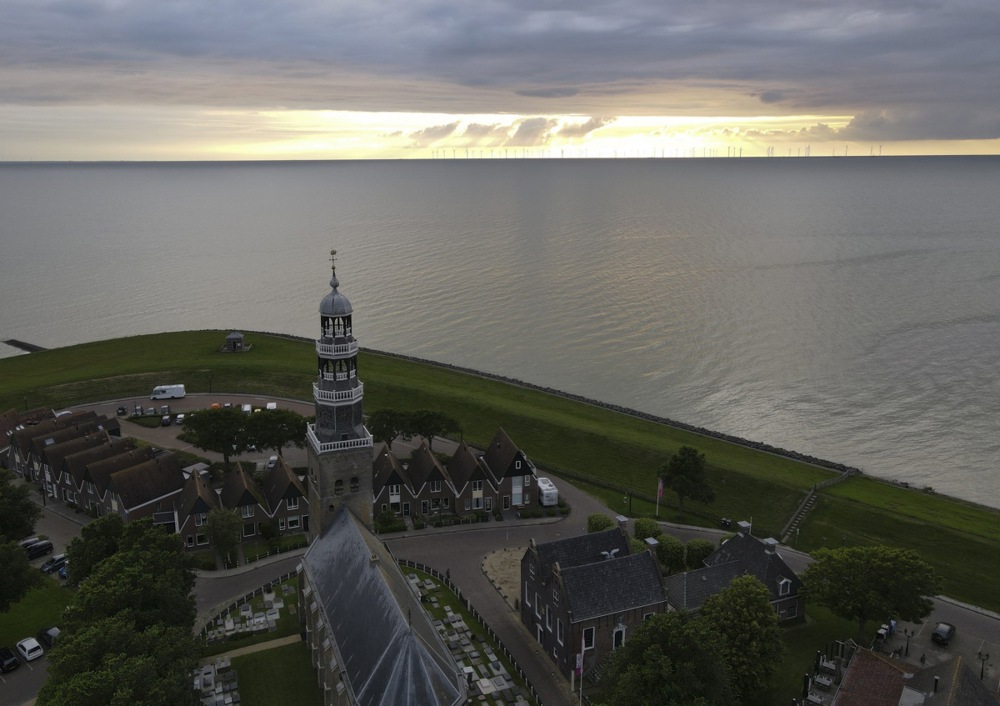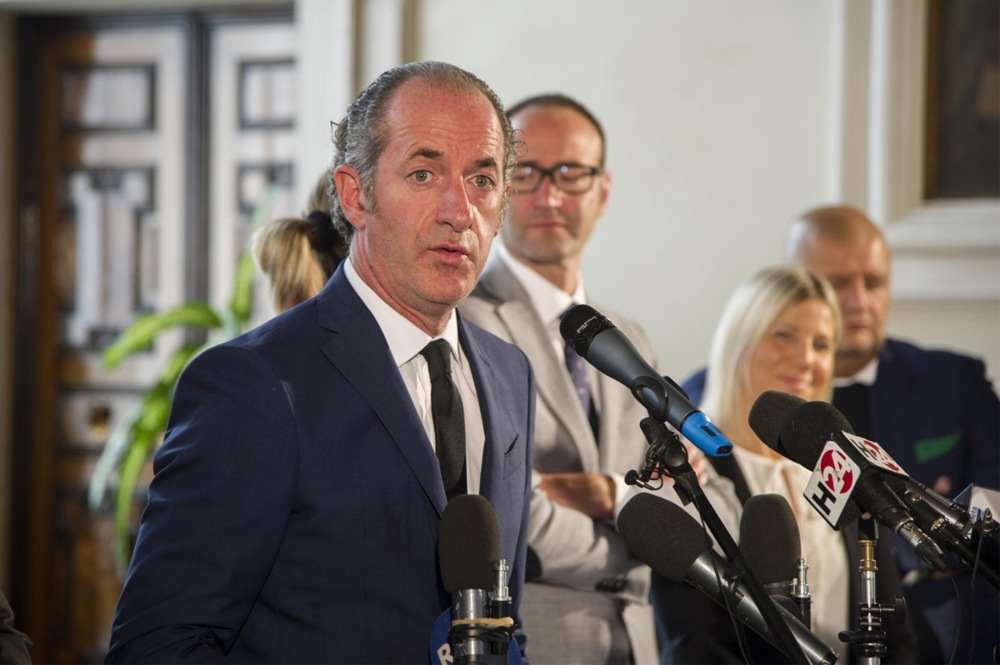Corsica, France
In the heart of Corsica, where the rhythm of life harmonises with the cadence of hunting, the island stands out as a unique bastion where this age-old practice is not just a sport but an intrinsic part of Corsican identity.
Antoine Giannini’s recent investigation into Corsican hunting reveals a cultural tapestry intricately woven with economic, social, and environmental threads.
With over 18,000 regular hunters—5% of the island’s population, double the national average—hunting in Corsica is not merely a pastime but a way of life.
As Christian Pietri, the director of the regional federation of hunters, explains, “It’s an activity that connects us to our past.”
In Corsica, where lands are predominantly in joint ownership, hunting is practiced with a unique freedom, allowing hunters to establish an intimate connection with the landscape that defines the island.
“The rules are stricter on the mainland regarding property rights. You can’t hunt everywhere, unlike in Corsica,” says Pietri.
This freedom is reflected in the possession of 120,000 registered weapons on the island, a rate three times higher than the French national average. Unlike the mainland, hunting societies in Corsica have never been seen as organized groups but rather as a means of protecting territories from outsiders, preserving the practice’s unique character.
Social and generational mixing plays a crucial role in Corsican hunting, a stark contrast to some regions in mainland France where hunting rights have historically been dominated by specific social classes.
“Hunters are twice as numerous. There’s no other hobby that unifies as much,” Pietri adds.
As Paul Simonpoli, a historian, highlights, hunting in Corsica dates back to antiquity, serving not only as a means of protection against wild boars but also evolving into a sociological function after World War II.
The tradition of passing down the practice to younger generations ensures a continuous stream of licensed hunters, maintaining a link between the past and the present.
Gérard Rubetti, a 63-year-old hunter from Cap Corse, reminisces about his initiation into hunting at the age of six, following in the footsteps of his grandfather and father.
“I loved being with family, talking about hunting, eating figatellu in the maquis, all together,” Rubetti recalls. For him, hunting is not just a hobby but a familial passion deeply ingrained in Corsican identity.
“My grandfather went hunting, and I started at 6 years old with my father because I wanted to follow him. At first, I would pick up the birds,” says Rubetti. After obtaining his license at the age of 15, he never lost his passion.
“Hunting is in your blood; it’s part of your identity. It’s not just a hobby; it’s a passion, it’s familial.”
Laurence Constantin, president of the environmental association Global Earth Keeper, echoes concerns about certain modern hunting practices, emphasizing the distinction between recreational and subsistence hunting.
“There are concerns about the new generation, who hunt with the latest modern instruments, without caring about nature,” she adds.
Petru-Francescu Renucci, a 20-year-old enthusiast from Campitellu (Upper Corsica), does not recognize himself in this picture.
“Killing doesn’t matter much. Hunting is primarily a passion. I refer to the work of the dogs, the cartridges we make ourselves. My father taught me all that. And these are rare values” said Renucci.
Despite its cultural significance, hunting in Corsica faces challenges.
The aging population of hunters, coupled with changing leisure preferences among the younger generation, poses a threat to the tradition. Christian Pietri notes a 25% decline in hunters over the past four decades, emphasizing the need for renewal to ensure the longevity of this cultural practice.
Corsican hunting, beyond its cultural richness, contributes significantly to the island’s economic fabric.
The average annual expenditure of each hunter, as established by a study from the Corte faculty, is 1,145 euros, highlighting the economic importance of this heritage activity.
As Corsica grapples with the delicate balance between tradition and the evolving landscape, the echoes of hunters in the maquis and the traditions passed down through generations continue to resonate, ensuring that the island’s unique connection to hunting remains an integral part of its identity.





